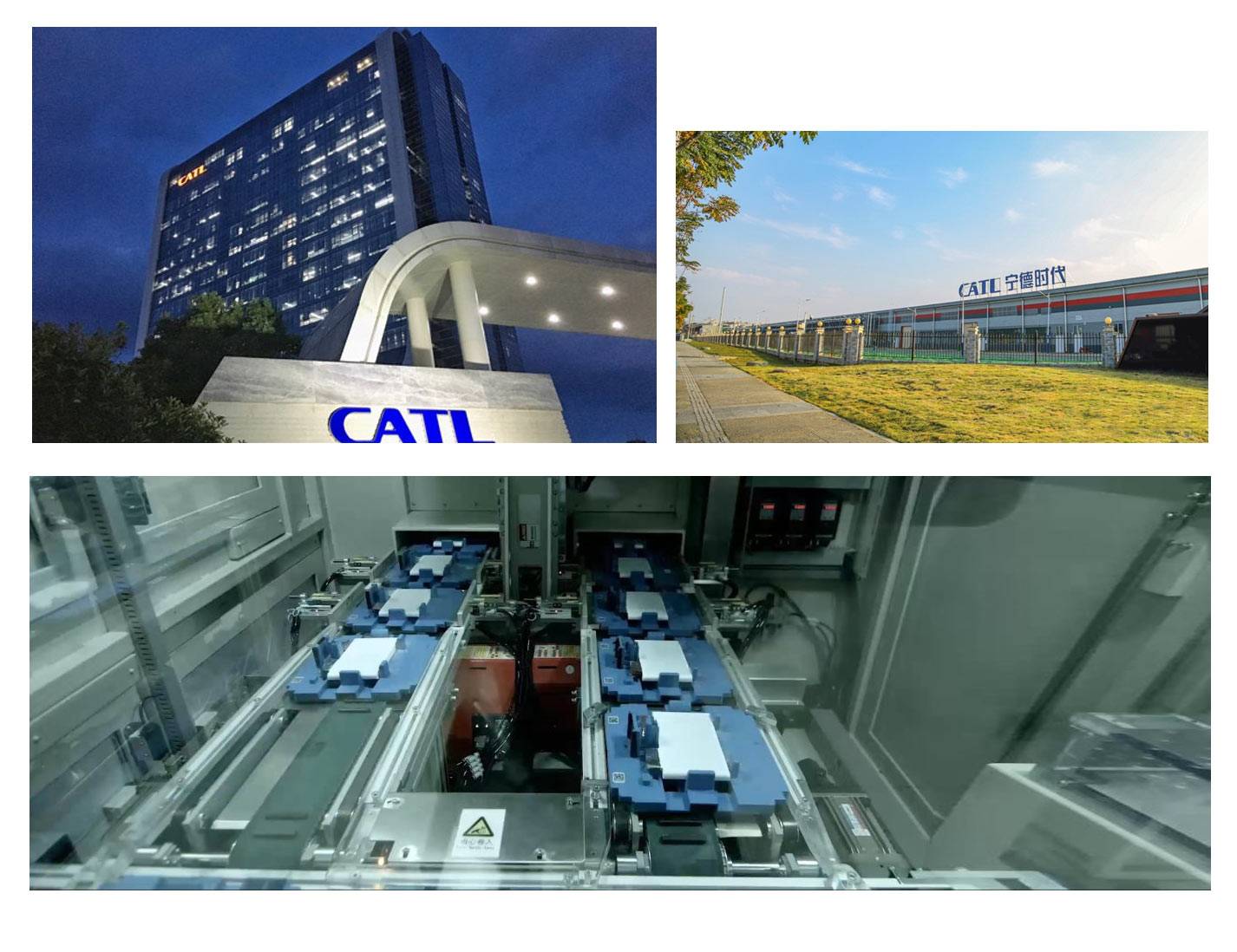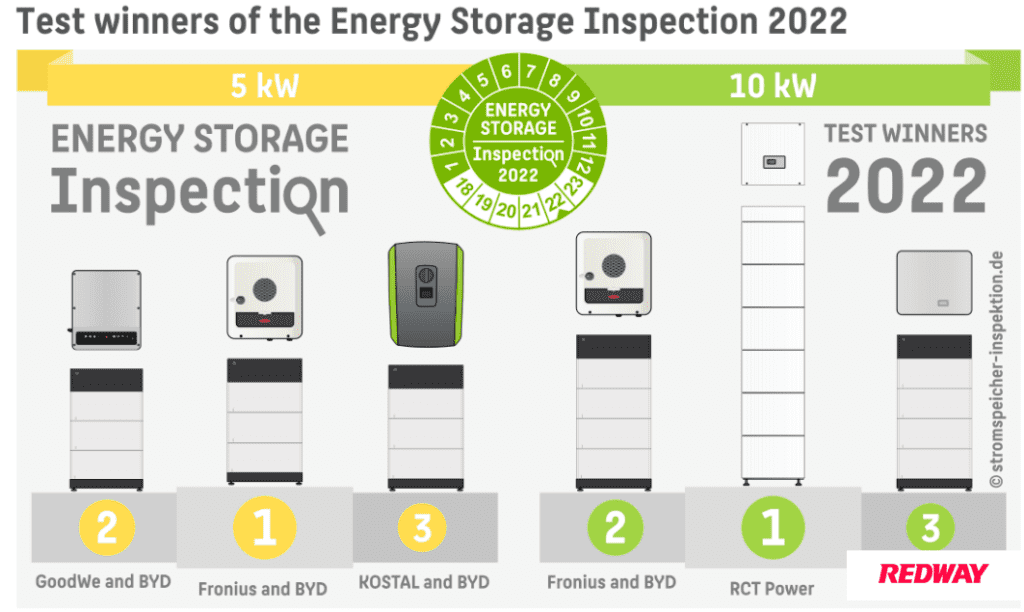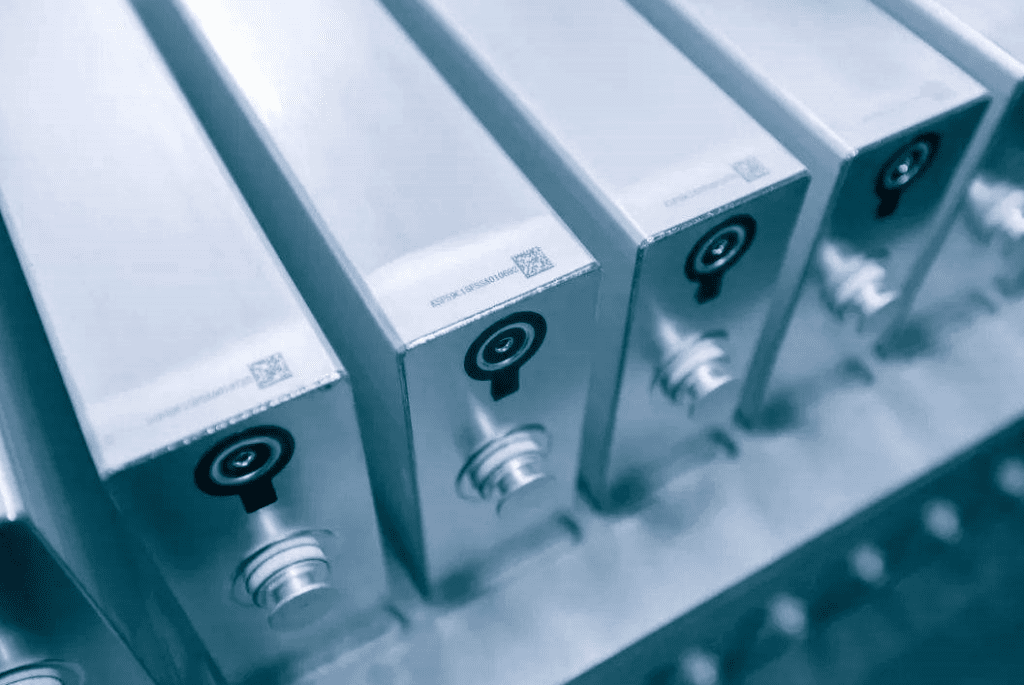Lithium iron phosphate (LiFePO4) batteries are emerging as a leading technology in energy storage, known for their safety, longevity, and environmental benefits. As demand for efficient and sustainable energy solutions grows, major manufacturers are focusing on LiFePO4 technology to meet diverse applications across industries.
What Is Lithium Iron Phosphate (LiFePO4) Technology and Its Features?
Lithium iron phosphate (LiFePO4) technology is a type of lithium-ion battery that uses iron phosphate as the cathode material. Key features include:
- Safety: LiFePO4 batteries are known for their thermal stability and reduced risk of combustion compared to other lithium-ion chemistries.
- Longevity: These batteries typically offer a longer cycle life, often exceeding 2000 charge cycles.
- Environmental Impact: LiFePO4 is more environmentally friendly, as it does not contain toxic heavy metals.
Key Features Chart: Characteristics of LiFePO4 Batteries
| Feature | Description |
|---|---|
| Chemistry | Lithium iron phosphate |
| Cycle Life | 2000+ cycles |
| Thermal Stability | High |
| Environmental Impact | Non-toxic materials |
Why Are Lithium Iron Phosphate Batteries Becoming More Popular?
Lithium iron phosphate batteries are gaining popularity due to several factors:
- Growing Demand for Electric Vehicles (EVs): As EV manufacturers seek safer and longer-lasting battery options, LiFePO4 is increasingly favored.
- Renewable Energy Storage: The rise of solar and wind energy systems requires reliable storage solutions, making LiFePO4 an attractive choice.
- Cost-Effectiveness: With decreasing production costs and improved performance metrics, LiFePO4 batteries are becoming more economically viable.
These trends indicate a significant shift towards adopting LiFePO4 technology in various sectors.
How Do Major Manufacturers Stand Out in the Lithium Iron Phosphate Market?
Several key manufacturers are leading the lithium iron phosphate battery market:
- CATL (Contemporary Amperex Technology Co., Limited): A global leader in battery manufacturing, CATL focuses on innovative LiFePO4 solutions for electric vehicles and energy storage systems.
- BYD (Build Your Dreams): Known for its extensive range of electric vehicles, BYD utilizes LiFePO4 batteries in many of its models, emphasizing safety and efficiency.
- A123 Systems: Specializing in advanced lithium-ion batteries, A123 Systems produces high-performance LiFePO4 batteries for commercial applications.
Manufacturer Comparison Chart: Key Players in LiFePO4 Battery Production
| Manufacturer | Market Focus | Notable Products |
|---|---|---|
| CATL | Electric vehicles, energy storage | EV batteries, stationary storage |
| BYD | Electric vehicles | E-buses, passenger EVs |
| A123 Systems | Commercial applications | High-performance power systems |
What Are the Primary Applications for Lithium Iron Phosphate Batteries?
Lithium iron phosphate batteries are used across various applications:
- Electric Vehicles: Their safety and longevity make them ideal for electric cars and buses.
- Energy Storage Systems: They are commonly used in renewable energy systems to store excess power generated from solar or wind sources.
- Power Tools: The high discharge rates of LiFePO4 batteries make them suitable for high-performance power tools.
These applications highlight the versatility and reliability of LiFePO4 technology.
What Challenges Must Lithium Iron Phosphate Battery Manufacturers Overcome?
Despite their advantages, lithium iron phosphate battery manufacturers face several challenges:
- Energy Density Limitations: While safe and long-lasting, LiFePO4 batteries typically have lower energy density compared to other lithium-ion chemistries.
- Market Competition: The growing number of battery technologies creates intense competition among manufacturers.
- Supply Chain Issues: Securing raw materials for production can be challenging due to geopolitical factors and market fluctuations.
Addressing these challenges is crucial for maintaining competitiveness in the evolving battery market.
How Is the Market for Lithium Iron Phosphate Batteries Expected to Develop?
The market for lithium iron phosphate batteries is projected to grow significantly due to:
- Increased Adoption in EVs: As electric vehicle sales surge globally, demand for reliable battery technologies like LiFePO4 will continue to rise.
- Government Incentives: Policies promoting clean energy solutions are driving research and development in battery technologies.
- Technological Advancements: Innovations aimed at improving energy density and reducing costs will enhance the appeal of LiFePO4 batteries.
Market analysts predict robust growth in the lithium iron phosphate sector over the next decade.
Industrial News
Recent reports indicate that lithium iron phosphate battery manufacturers are experiencing significant growth as demand surges from electric vehicle markets and renewable energy sectors. Companies like CATL and BYD are expanding their production capabilities to meet this rising demand while focusing on enhancing battery performance and reducing costs. This trend highlights a broader shift towards sustainable energy solutions globally.
Redway Expert Insights
“Lithium iron phosphate batteries represent a pivotal advancement in energy storage technology,” states Dr. Emily Carter, an expert in battery innovation. “Their combination of safety, longevity, and environmental friendliness makes them essential as we transition towards greener energy solutions.”
FAQ Section
Q1: What is lithium iron phosphate (LiFePO4) technology?
A1: Lithium iron phosphate technology uses iron phosphate as a cathode material in lithium-ion batteries, known for its safety, longevity, and environmental benefits.Q2: Why are LiFePO4 batteries gaining popularity?
A2: They are becoming popular due to their suitability for electric vehicles, renewable energy storage needs, and decreasing production costs.Q3: What challenges do manufacturers face with LiFePO4 batteries?
A3: Key challenges include lower energy density compared to other chemistries, intense market competition, and supply chain issues related to raw materials.







